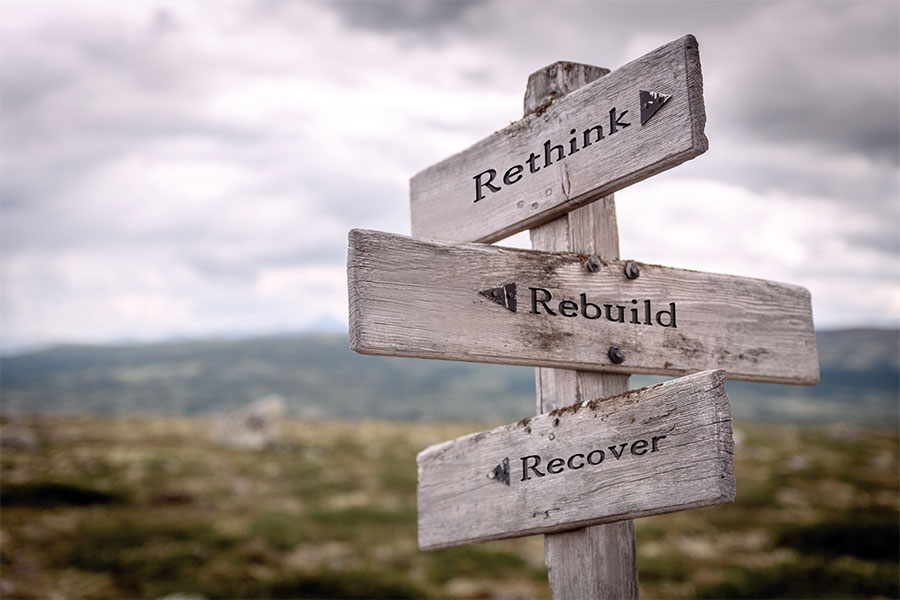Using Self-reflection and New Found Strengths Will Be Key
In my pre-pandemic work life, I hosted a number of team building workshops for small businesses. I was able to draw on my experience working with high school students on leadership and the Anti-Defamation League on diversity to create a program suitable for adults. This work centers around trust. When a group of people trust each other, it opens all kinds of opportunities for building bridges and ultimate understanding of one another. In the case of the workplace, when coworkers step away from the office environment, make personal connections, and have some fun, they build a foundation for a safe and inclusive workplace with a team-oriented mindset.
In many businesses, that foundation took a hit thanks to COVID. Zoom has been an incredible stand-in, but it’s clearly not a replacement for all that is gained during face-to-face interactions. And some people—depending on where they fall on the introvert-extrovert spectrum—are very hesitant to get back to that social routine after such a long break. If team building was essential to maintaining a healthy workplace culture before, rebuilding is critical as we rise out of the pandemic.
While the pandemic is a uniquely shared experience, it impacted each of us differently. And that is something that employers should recognize. When an employer thinks about how they will rebuild their workplace culture, they first need to address what is likely true for all of their employees: There has been trauma. And the fallout of that will manifest in each of us in various ways. Employers should find out what people need in order to transition back to the workplace. In order for people to know what they actually need, they likely require some self-reflection. For example, you might want to ask them:
- How have you personally been most impacted by the pandemic, both positively and negatively?
- Have you experienced significant trauma, stress or anxiety?
- Do you feel your experience over the last year could impact your return to work? If so, how?
- What are some things we (your employer) could do to help you transition more smoothly?
These questions (maybe encouraged but not mandated) might then lead to individual conversations. The more open the communication, the better for everyone involved. And this is just the first step.
The manner in which employers find out the needs of their employees will differ, and they should expect that those needs will continue to evolve and change over time. Living and learning in real time through this pandemic has made life challenging, but our ability to maneuver and adapt will be an asset going forward. When rebuilding teams, it will be important to recognize these new-found strengths and capitalize on them.
Please contact me if you would like more specific guidance on reconnecting and rebuilding your team!
Here are some articles to get you started thinking about what that means for you and your workplace.
https://news.wttw.com/2021/03/11/after-year-remote-life-new-anxiety-emerges-returning-work
https://www.abc.net.au/everyday/tips-for-managing-back-to-work-anxiety-during-the-pandemic/12967996
https://www.cnbc.com/2021/03/21/coping-with-fear-anxiety-about-returning-to-pre-pandemic-life.html
